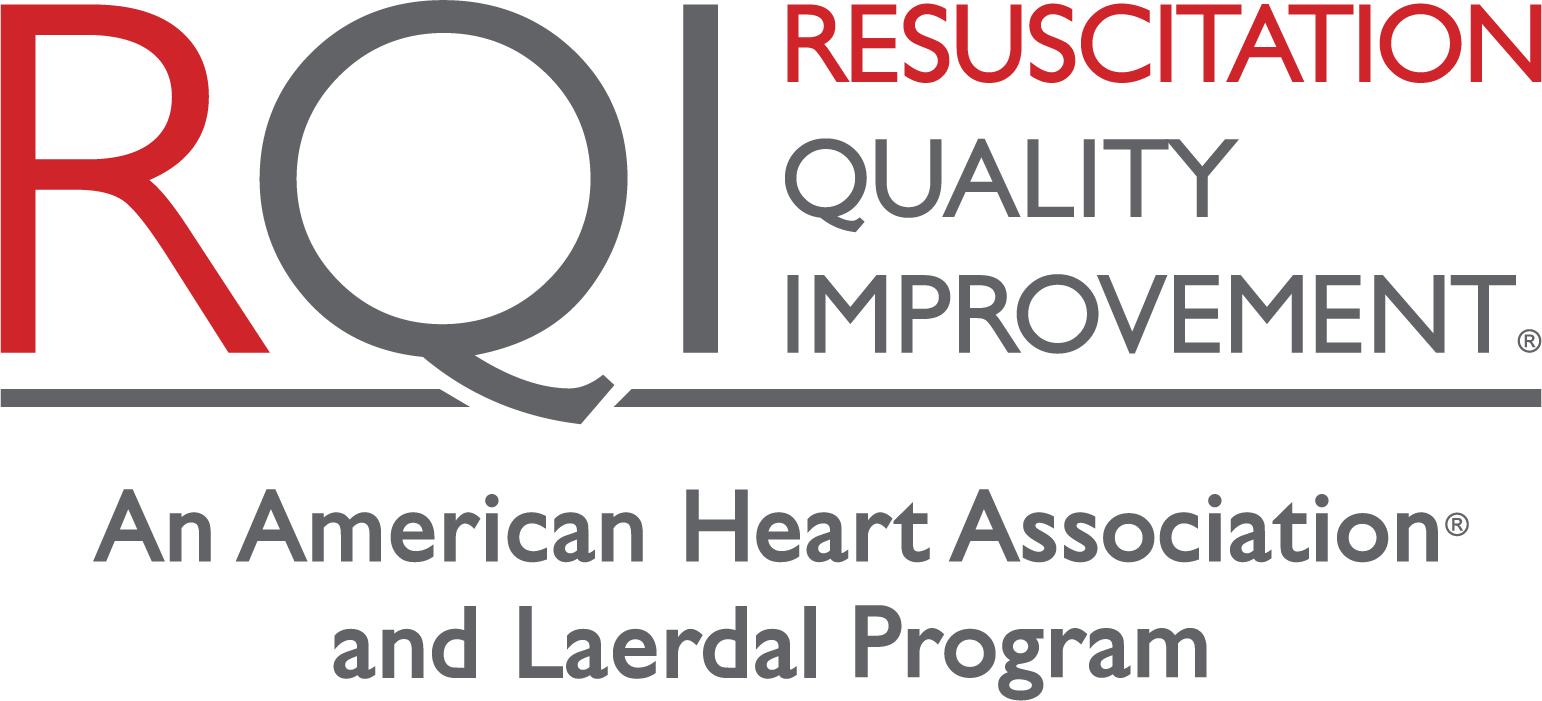Contextual Learning, Debriefing, Deliberate Practice, Education Science Guidelines, Feedback, Low Dose, High Frequency, Mastery Learning
LOW-DOSE, HIGH-FREQUENCY DESIGN
-
Foundation of Knowledge
Establishing a foundation of knowledge for learners to enter a low-dose, high-frequency model for effective recall of knowledge.
-
Low-Dose
Learning provided in smaller, chunked doses.
-
Repetition
Learning provided in repeated doses over a prolonged period of time.
-
Refresher/Booster Learning
Opportunities of recall for knowledge and skill that are structured around a learner’s foundation of knowledge.
— Low-Dose, High-Frequency Research —
The provision of an effective education component is highly dependent on the instructional design of the educational endeavor because design strongly determines how content is delivered to and ultimately taken ...
Low Dose, High Frequency, RQI-Based
Implementation of the RQI system: baseline skills and self-report competence and confidence data from 12 NLN inaugural change agent nursing programs
The American Heart Association recognizes the importance of utilizing a biofeedback device for CPR training to improve performance, as assessing high-quality CPR by sight-alone is difficult. Additionally, CPR training every ...
Low Dose, High Frequency, Mastery Learning, RQI-Based
Effects of Low-Dose, High-Frequency Cardiopulmonary Resuscitation Education on Nurses’ Competency and Confidence
Despite advances in resuscitation science, cardiac arrest remains a leading cause of death in the U.S. with traditional CPR training leading to skills decay within 3 months. Healthcare providers must ...
Feedback, Low Dose, High Frequency, RQI-Based
Maintenance of CPR skills among nursing students trained using Resuscitation Quality Improvement program
CPR, the cornerstone of cardiac arrest management, is a competency for nurses and nursing students to master and retain. However, providers experience skills decay rapidly within weeks to months after ...
Feedback, Low Dose, High Frequency, RQI-Based
Developing competency of nursing students in cardiopulmonary resuscitation using Resuscitation Quality Improvement technology
In the United States, nearly 290,000 hospitalized patients suffer in-hospital cardiac arrest each year. The knowledge retention and ability to perform high-quality CPR is critical. Traditionally, the focus of CPR ...
Low Dose, High Frequency, RQI-Based
Resuscitation Quality Improvement: Improving Clinicians’ Performance
Each year in the U.S., more than 600,000 people experience cardiac arrest, with approximately 290,000 occurring in the hospital. Although CPR renewal occurs every 2 years, the quality of CPR ...
